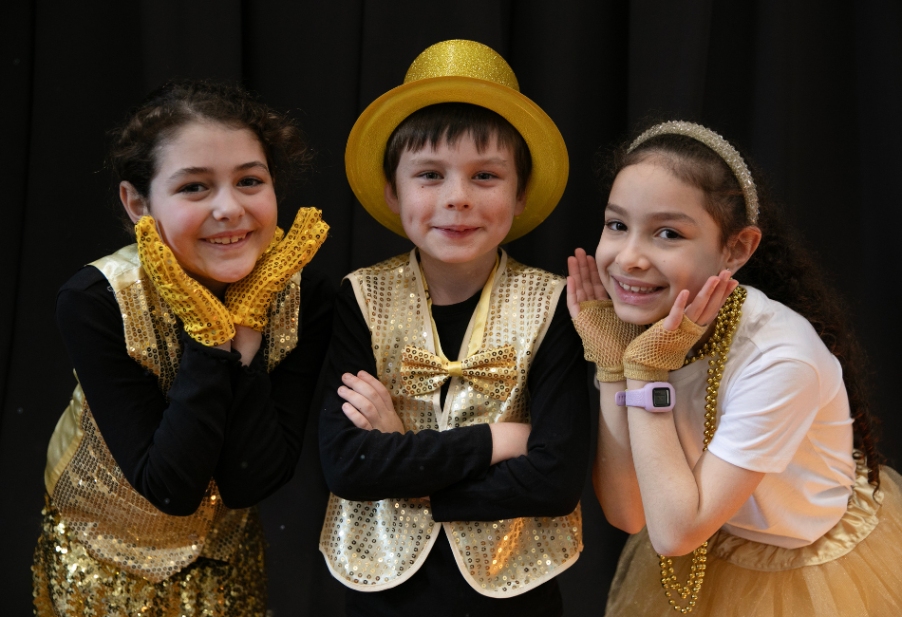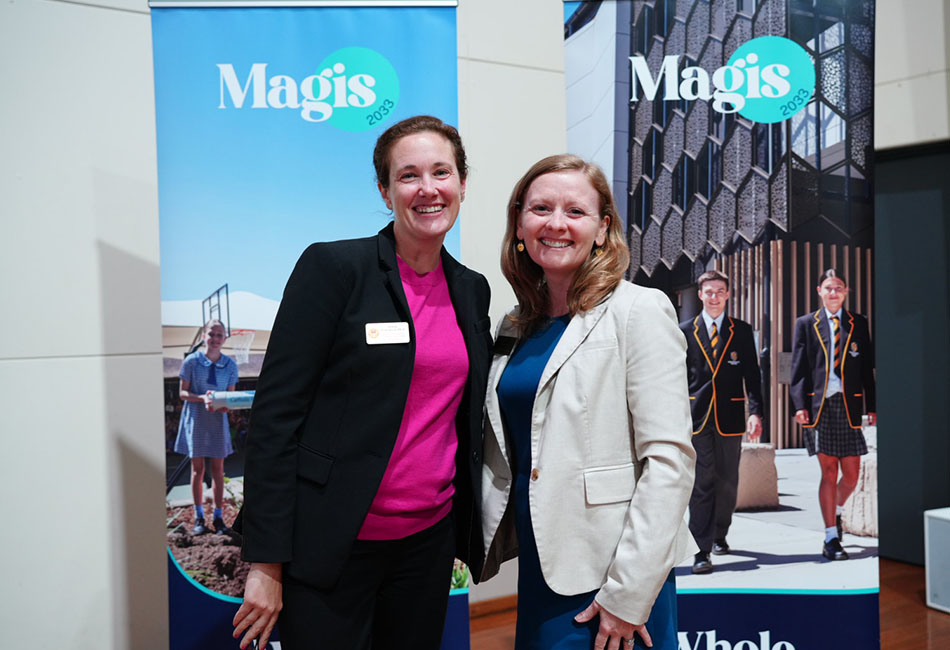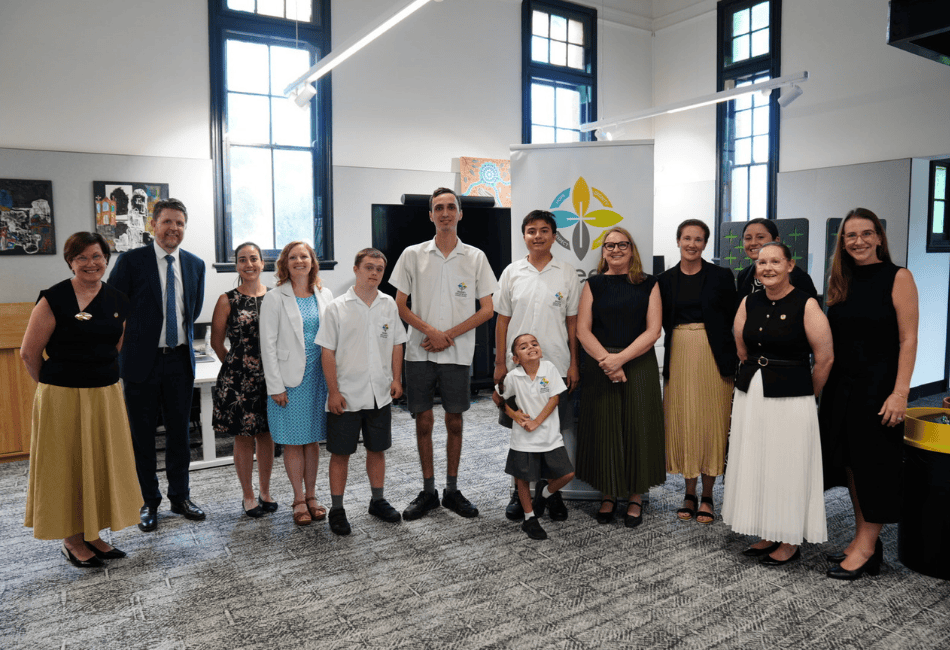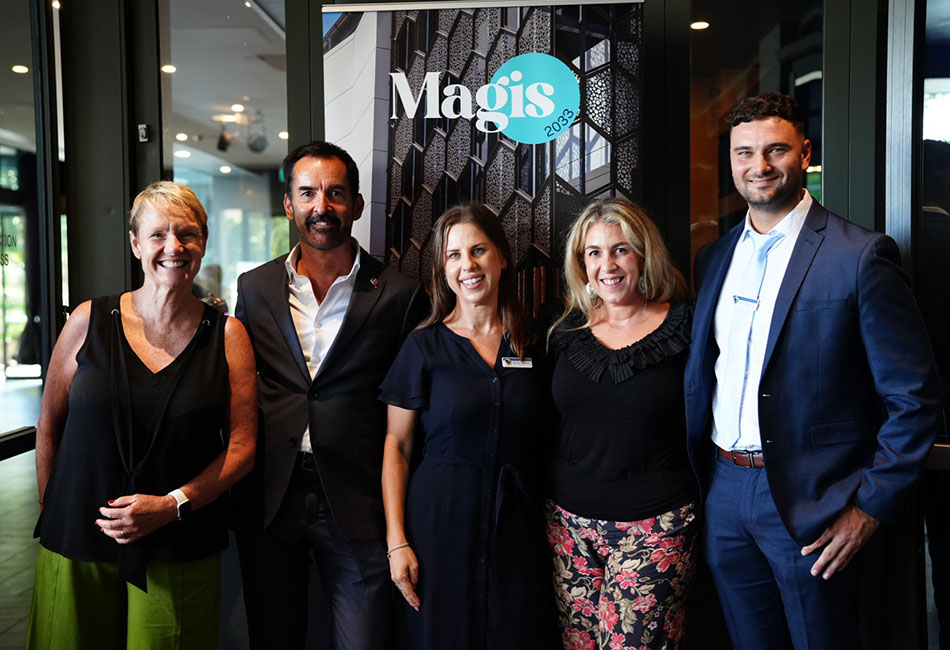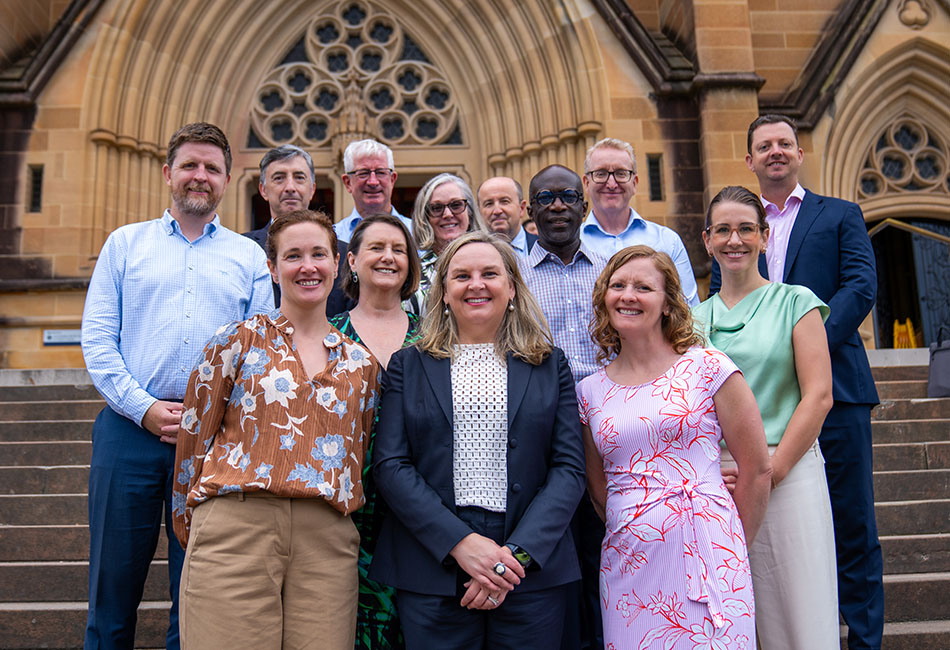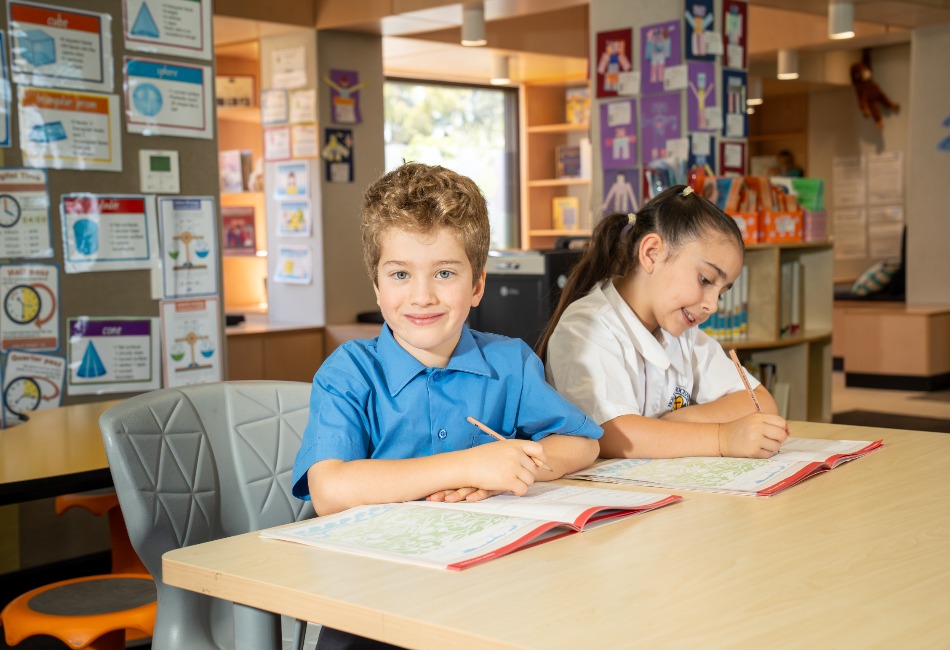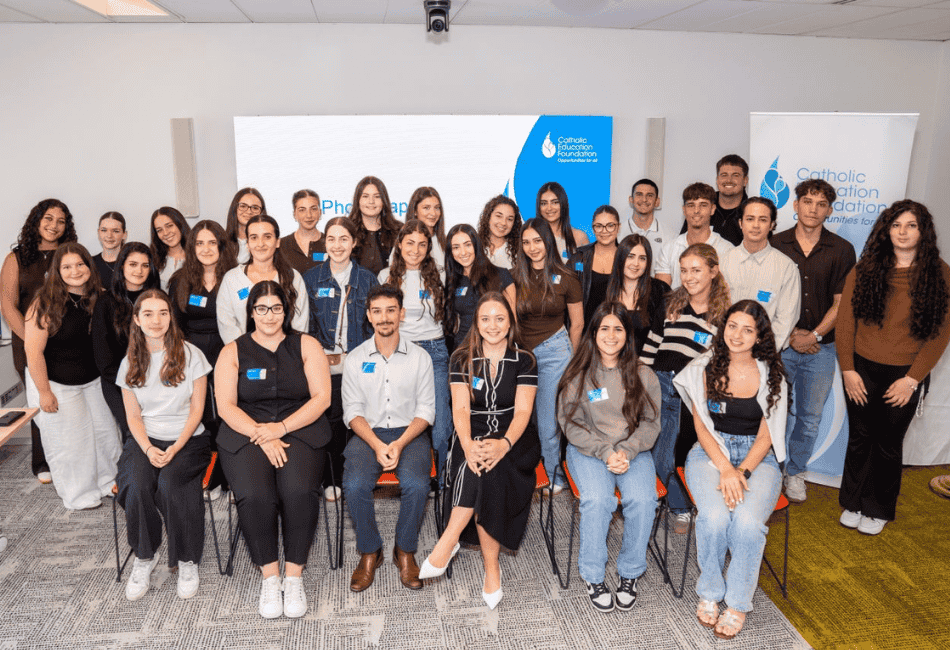Performing and visual arts present so many opportunities for students to experience, discover, experiment, and learn.
Here are four ways to nurture your child’s interest as they develop a passion for creativity – and the life skills and confidence that come with it.
Build their confidence
Whether their curiosity leans towards drama, art, music, dance, or other forms of creative expression, there is great value in helping children to embrace their natural talent.
Manager of Creative and Performing Arts at Sydney Catholic Schools (SCS), Danielle Fuller, has worked in the creative and performing arts industry for more than 30 years as an educator, director, musician, and performer.
Danielle said the best way to encourage a child who shows an interest in the arts is to encourage them to get involved in creative activities, giving them time and space to develop their confidence within their chosen activity.
“Children are innately curious and will enthusiastically engage in creative play if given the opportunity,” she said.
“It is through creative expression that a child’s emotional wellbeing is supported.” – Danielle Fuller
Lead with positivity
Communication and expression are two ways children react to what they see, hear and experience.
As they develop their thoughts, feelings and ideas it is important that they receive positive feedback from those around them.
“Praising them is important and enabling them to find the area that they feel most confident in is also important,” Mrs Fuller said.
“Parents can support this at home through positive language, listening and discussing the challenges.”
“One of the best times to encourage children to continue learning is at the times when they are unsure about their skills. Talent helps them to build resilience and to develop their skills.”
Find their creative outlet
Where should you look when thinking about how to encourage your child’s budding creative skills?
There are plenty of formal and informal channels to help develop creative and performance skills.
At Sydney Catholic Schools co-curricular activities focusing on skill-building are offered in dance, drama, and music.
Building on existing school-based programs, these opportunities to be creative provide a range of options for your child to sample ways to be expressive and find the activities they love.
“One of the best times to encourage children to continue learning is at the times when they are unsure about their skills.” – Danielle Fuller
Schools are also well placed to support various extracurricular endeavours. Ensembles, workshops in music, drama, and dance are actively available and encourage participation.
At Sydney Catholic Schools, an annual system-wide Eisteddfod provides a rich platform for students to showcase their talents and creativity.
Students can also participate in specialised workshops, join touring ensembles, and benefit from programs like Goodjarga, specifically designed for Aboriginal and Torres Strait Islander students.
Help at home
Activities at home can help children appreciate the arts.
A game of charades, dress-ups, karaoke, or word games and storytelling games are all free and fun ways to nurture performance skills including memory, improvisation, voice projection, spatial awareness, and a level of comfort with having an audience.
“It is a commitment … that has an overwhelmingly positive impact on a child’s well being and sense of self.”
Drawing, building blocks, clay modelling and photography are other low-cost creative outlets that provide an alternate form of expression and can aid children’s communication and wellbeing.
For children to see progression with specific skills, time and support are the greatest gifts a parent can give.
“Being involved in the arts requires time, dedication and parent support in providing opportunities, driving to rehearsals, attending lessons and all of the extra things required for children to develop their skills and confidence in the arts,” Mrs Fuller said.
“It is a commitment, but one that has an overwhelmingly positive impact on a child’s well being and sense of self.”
An emphasis on excellence in all areas of education – from academic to vocational, sport and the arts – helps Sydney Catholic Schools nurture the potential of all students in their 147-strong network of primary and secondary schools.
Click here to find your nearest Catholic school.

